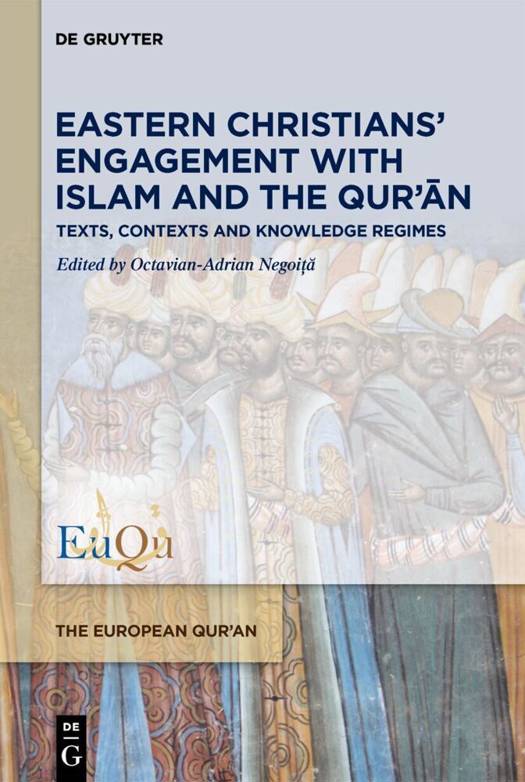
- Retrait gratuit dans votre magasin Club
- 7.000.000 titres dans notre catalogue
- Payer en toute sécurité
- Toujours un magasin près de chez vous
- Retrait gratuit dans votre magasin Club
- 7.000.000 titres dans notre catalogue
- Payer en toute sécurité
- Toujours un magasin près de chez vous
Eastern Christians' Engagement with Islam and the Qur'ān
Texts, Contexts and Knowledge Regimes
Description
This volume explores how Eastern Christians of various religious traditions engaged with Islam and its Holy Book. By employing a long durée perspective, the volume will explore both continuities and disruptions, as well as diverse ideological positions among the Eastern Christians in their approach towards Islamic tenets, religious practices and interpretations of the Qur'an. The essays included in the volume investigate texts written in Arabic, Armenian, Bulgarian, Georgian, Greek, Slavonic and Russian. The essays discuss the knowledge regimes of text production, and shed light on the Eastern Christians' conceptualization of Islam until the dawn of modernity.
This volume is a contribution to the entangled and cross-cultural history of Eastern Christians with Islam through the centuries, from the Mediterranean to Russia via the Balkans, and the Caucasus. Eastern Christians intellectual responses to the religious challenges posed by Islam were shaped by diverse multicultural and multi-confessional contexts, which ultimately played a significant role in defining their religious identity and the dynamics of communal life
Spécifications
Parties prenantes
- Editeur:
Contenu
- Nombre de pages :
- 320
- Langue:
- Anglais
- Collection :
- Tome:
- n° 6
Caractéristiques
- EAN:
- 9783111096070
- Date de parution :
- 29-04-25
- Format:
- Livre relié
- Format numérique:
- Genaaid
- Dimensions :
- 155 mm x 230 mm






